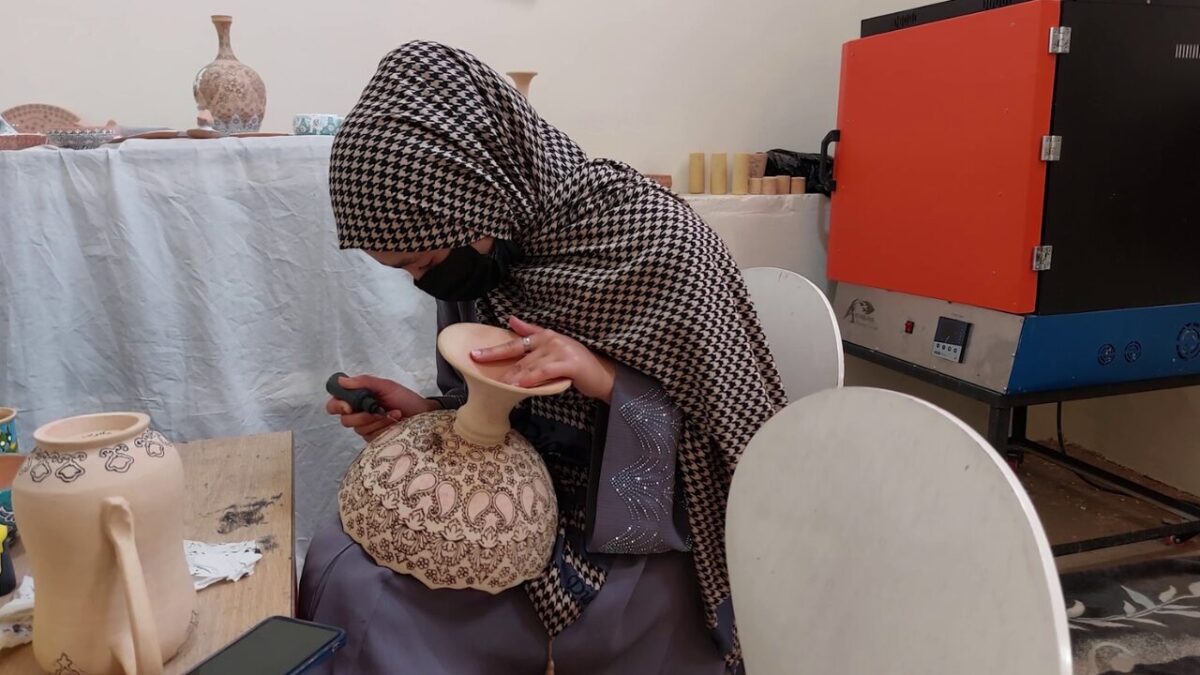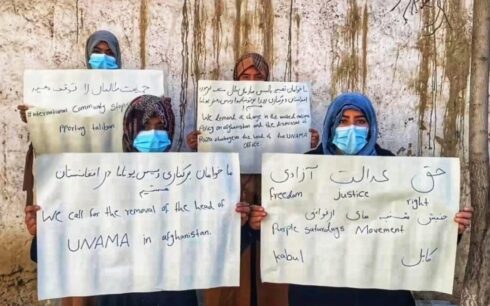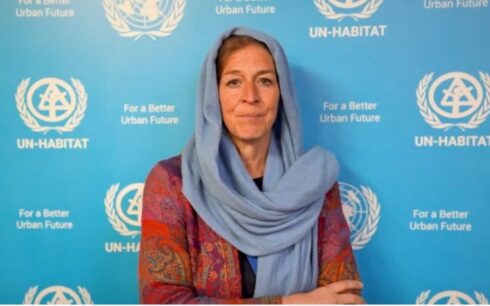HERAT, Afghanistan — In Herat, a group of girls deprived of education has found solace and purpose in the art of vitreous enameling, decorating cups and pots to cope with the depression caused by the closure of schools and universities.
The students, barred from formal education by the Taliban, have turned to this ancient craft to regain a sense of normalcy. “The only reason I came here was because I missed out on my lessons due to the recent changes in the country,” said Aasiya, who has been engaged in enameling for four months. “I was at home, feeling sad and depressed, and then I found Mrs. Walizadah and started working here.”
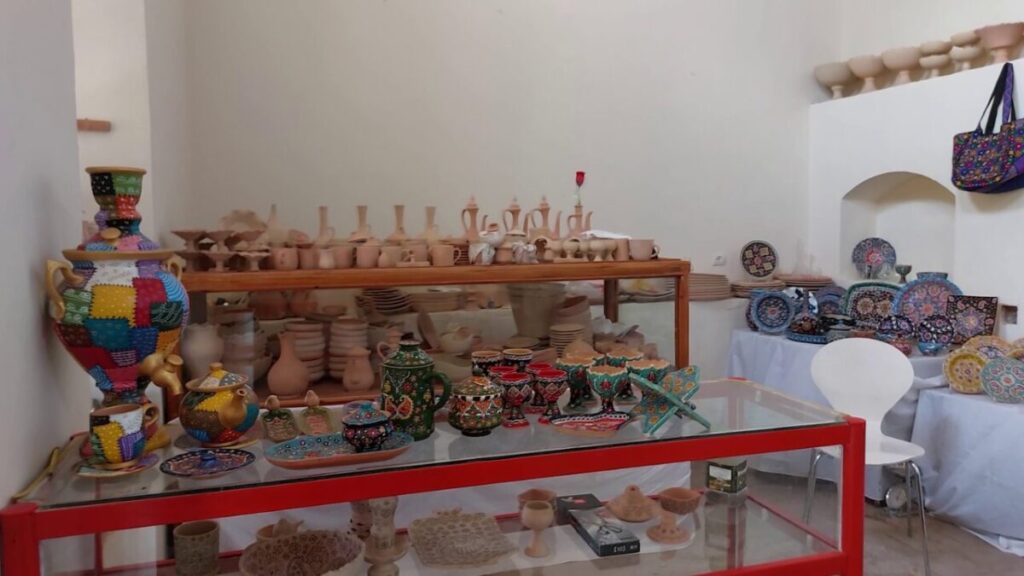
Vitreous enameling, an art form that involves fusing powdered glass to metal, is typically applied to copper, gold, silver, and clay. Unlike miniature art, which is performed on paper, enameling is executed on metal and pottery.
The workshop, located near the historic Ikhtiyaruddin Castle, was established three years ago by Quraish Malikzada to attract tourists and provide job opportunities for local girls. It now includes 18 students who decorate bowls, pots, and cups. Malikzada explained that the workshop offers a refuge for girls who have been forced to stay home due to the Taliban’s restrictions on female education.
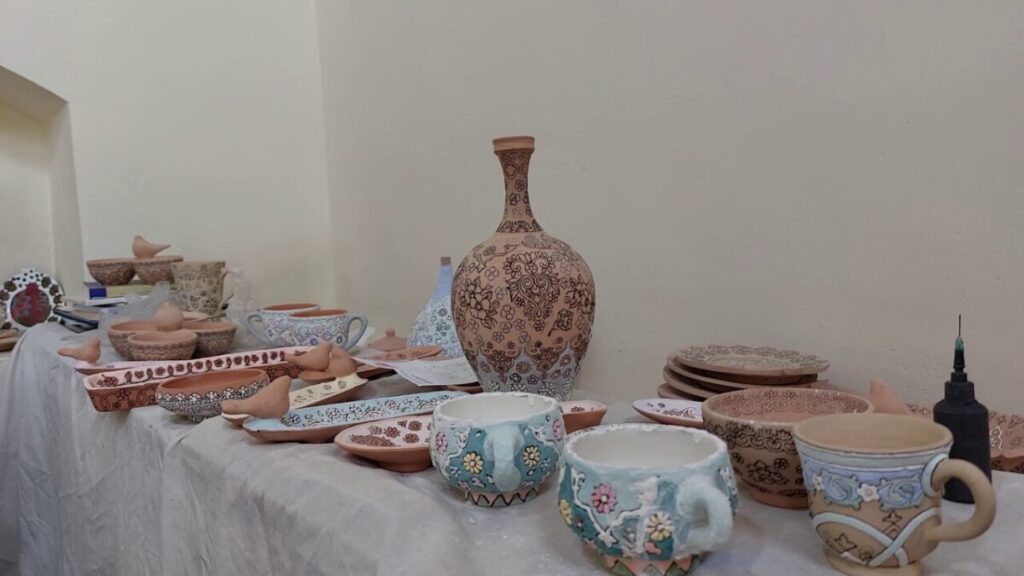
“These are students who have been away from schools and universities and have been staying at home,” Malikzada said. “They have all become depressed and want to learn this art here.”
Enameling, known locally as “Minakari,” has a history of nearly 5,000 years, and the people of Herat are renowned for their skill in this craft.
By learning and practicing enameling, these girls not only earn an income but also preserve an important cultural tradition while finding a way to cope with the challenging circumstances they face.

